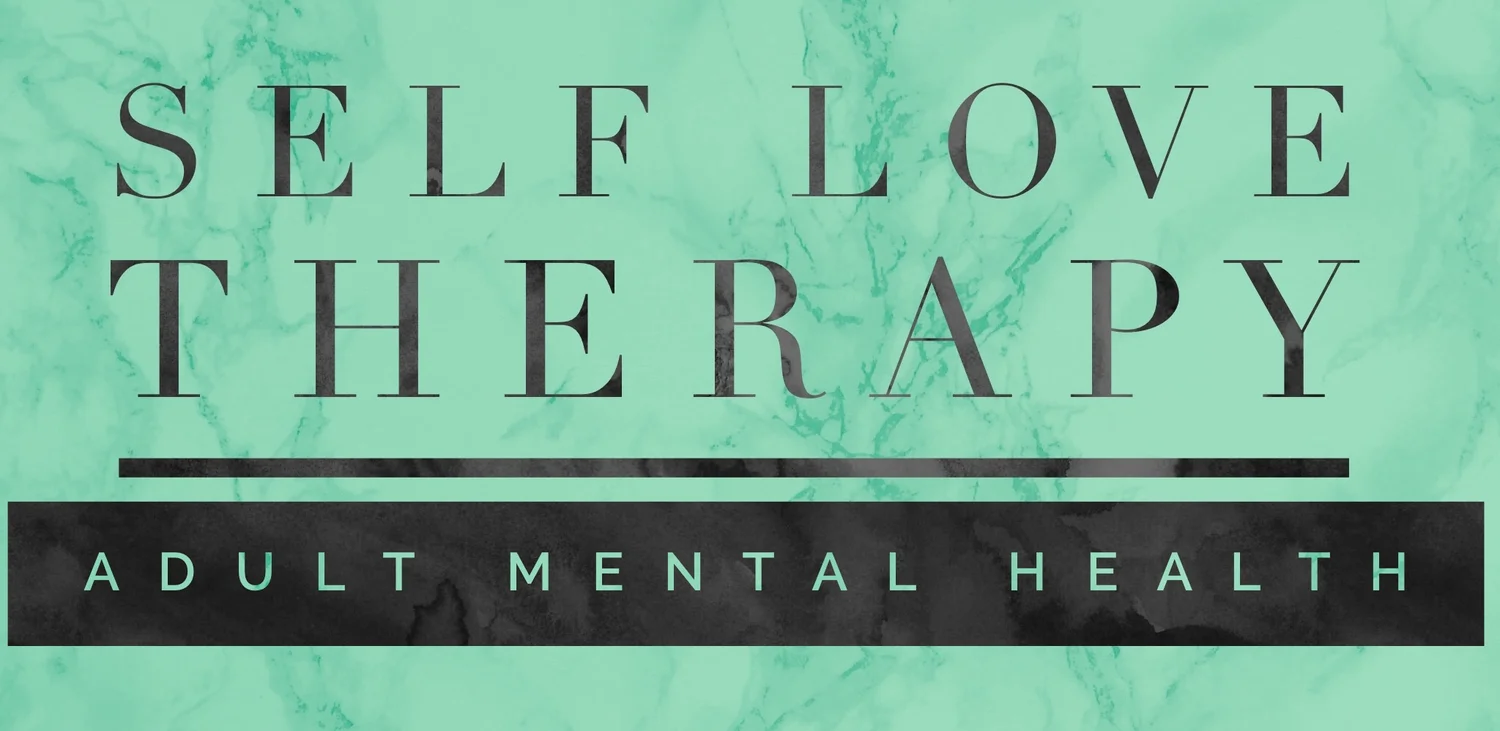Today marks the beginning of Self Love Therapy Biweeklies. I hope that you find reading this content useful in your life and perhaps worthwhile to share. My hope is that through time, we learn to share ourselves progressively more authentically on this weblog platform. Now, that's exciting, new, and unknown for me! But, for now, I have today's post to share with you...
Please Press Play!
We are the average of the media we consume because the chronic exposure manages to impact wherever our emotions go, particularly our relationships. I feel deeply sad whenever I dwell on negative news for a longer than a few minutes. And I feel anger in realizing our news is not a reflection of "truth" often times - it's highly screened and selectively shown based on the relative entertainment value of the headline stories. The goal is to grab and keep your attention by means of language and emotions that tend to exaggerate and stimulate interest with fear, anger, and other heightened stressful emotions. Cultivating our own advocacy is the only antidote the researchers agree on - that is empathy.
The harm comes through when our emotions get parted and polarized. Because we hear so much of the bad news, we risk becoming inured to tragedy. To numb the pain, we swing from empathy to utter callousness. And that can cast a growing shadow on different areas of life, until we feel hopeless about everything. alternatively, one cannot just feel better by feeling excess pity because it is equally damaging. What we refer to as “emotional balance” may mean to be sensitive without falling into the dichotomy and clinging to one of those two poles: if I shut off the news as some do, I experience feeling uninformed which, by experience, is not an attractive quality to me.
More preferably, we want to be able to manage our emotions as we take in the information with an ability to handle the news. So how do we aspire to more than shutting off but without compromising our emotionally balanced viewership of media? If the sophisticated solution is balanced viewership, the unsophisticated solution is to feel hurt, sullen, defeated and over-pitying. The other extreme of unsophisticated solution is to become callous and indifferent to the suffering of others. Now, the danger of the naive solution is that it overgeneralizes: people start feeling more callous about friends, loved ones, everything, while we hope the goal is to develop a sense of empathy and maintain it.
For emotional health, the ideal is to uproot over-pity and callousness and to tune into a special kind of attention to others’ emotional suffering. Processed in the most evolved part of the human brain – the prefrontal cortex – an empathic response involves complex tasks of intuiting, sensing and appraising others’ emotional experiences. Empathy is the ability to experience a situation vicariously without overgeneralizing but also without dismissing it as irrelevant to your life.
Without empathy but with gross pity, we lose our vital ability to separate the abundance of data we get from the media from the data we get from family and friends; without monitoring and maintaining our internal awareness as we encounter popular media, we may relate to those around us with over-pity or insensitivity, replacing our innate capacity for compassion towards self and others. Here are some tips on how to avoid being stressed out by the daily news:
- Get the Headlines and Head out! Watch the news to be informed of the world around you as its status impacts your life but don't dwell on it more than a few minutes.
- Get a Fair Share of Daily Positive News. Do not start or end your day with negative news, instead find sources that also report positive news to maintain a more balanced viewership perspective. Starting your day with the positive spin of an uplifting news is a great start.
- Don't Take News to Bed! To wind down turn off the news and give your brain a break at least 30 minutes before retiring for the night. A destructive habit is to leave it on for your unconscious mind to take it in while you sleep. If you need sound to fall sleep, download a soothing music like the one used for this post or use a soothing sound machine or guided relaxation.
- Feel Empathetic While Raising Resilience. Start and end your days with some quiet time! Learn to meditate in the most effortless way possible for you. Acceptance does not mean you agree with what is happening.
In a moment of hardship, it is important to resist feeling helpless and hopeless on the one hand, and callous and indifferent on the other. Neither is good for understanding others or yourself. How do you avoid feeling stressed out by the daily news? I would like to read your thoughts in the comments.


